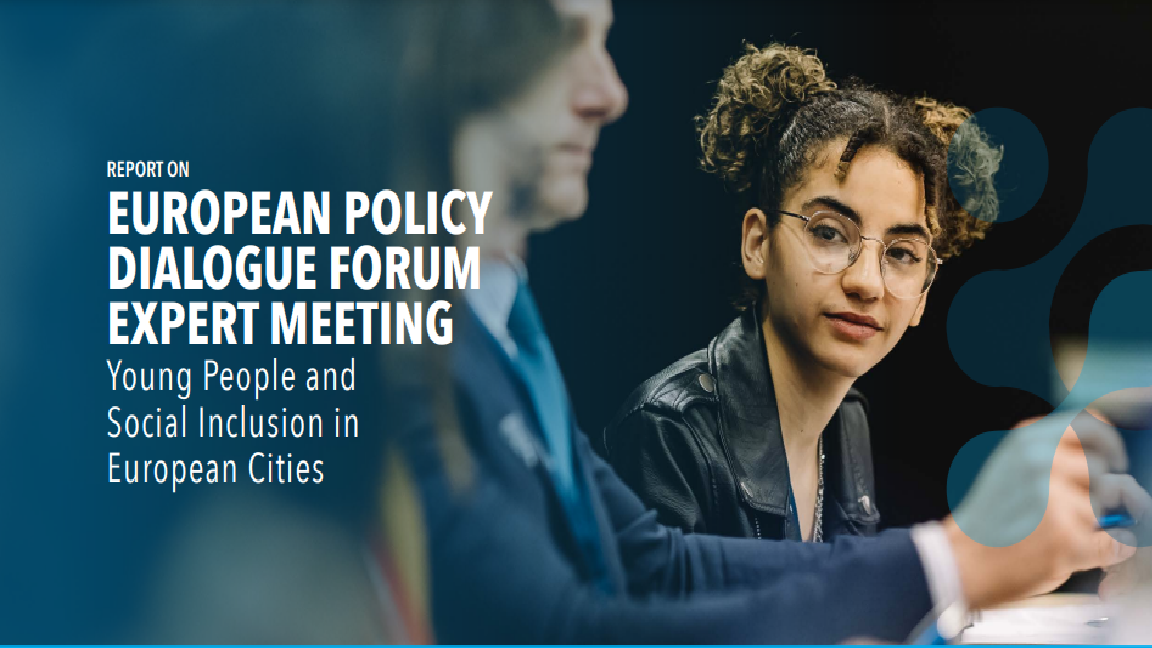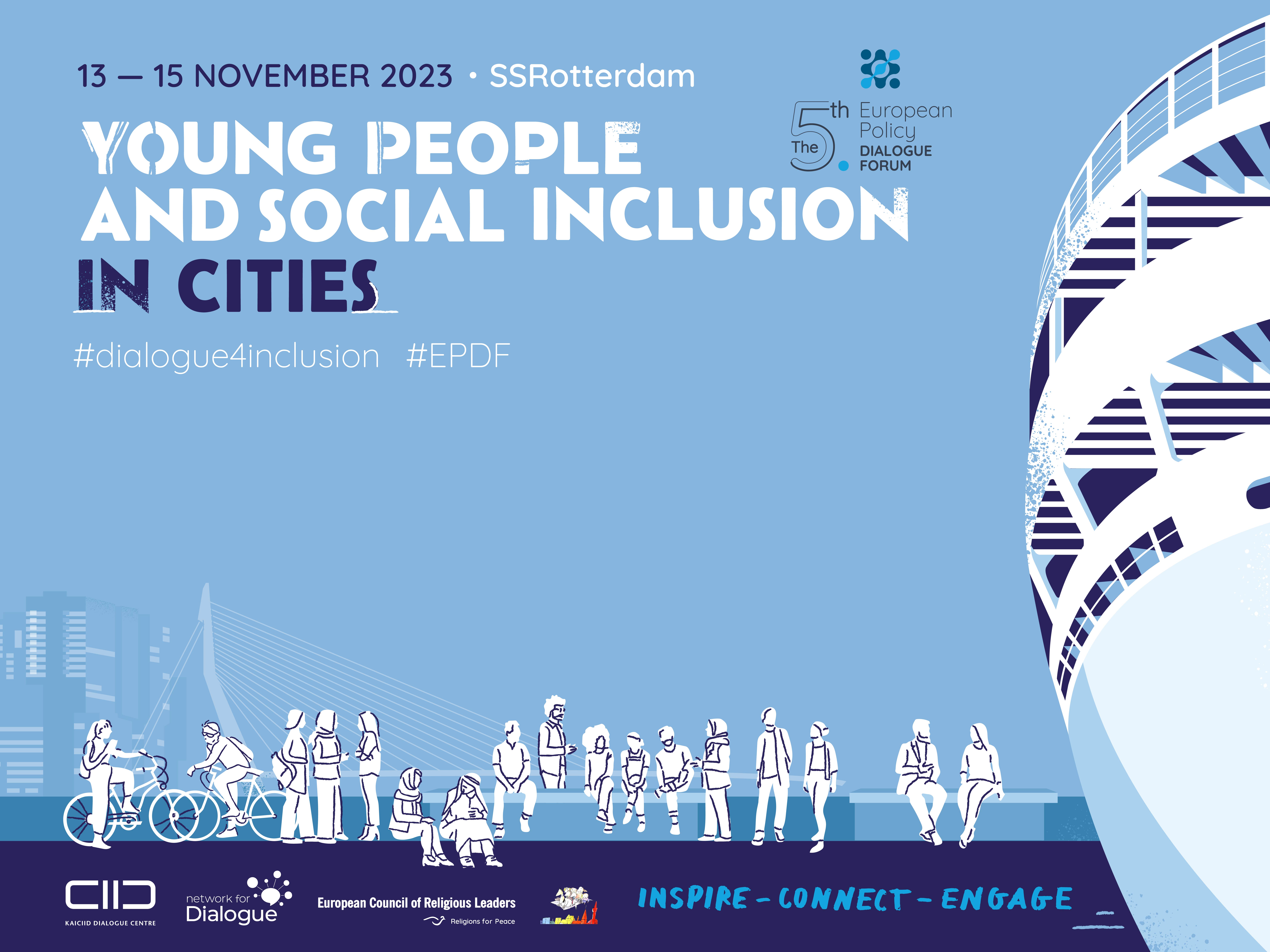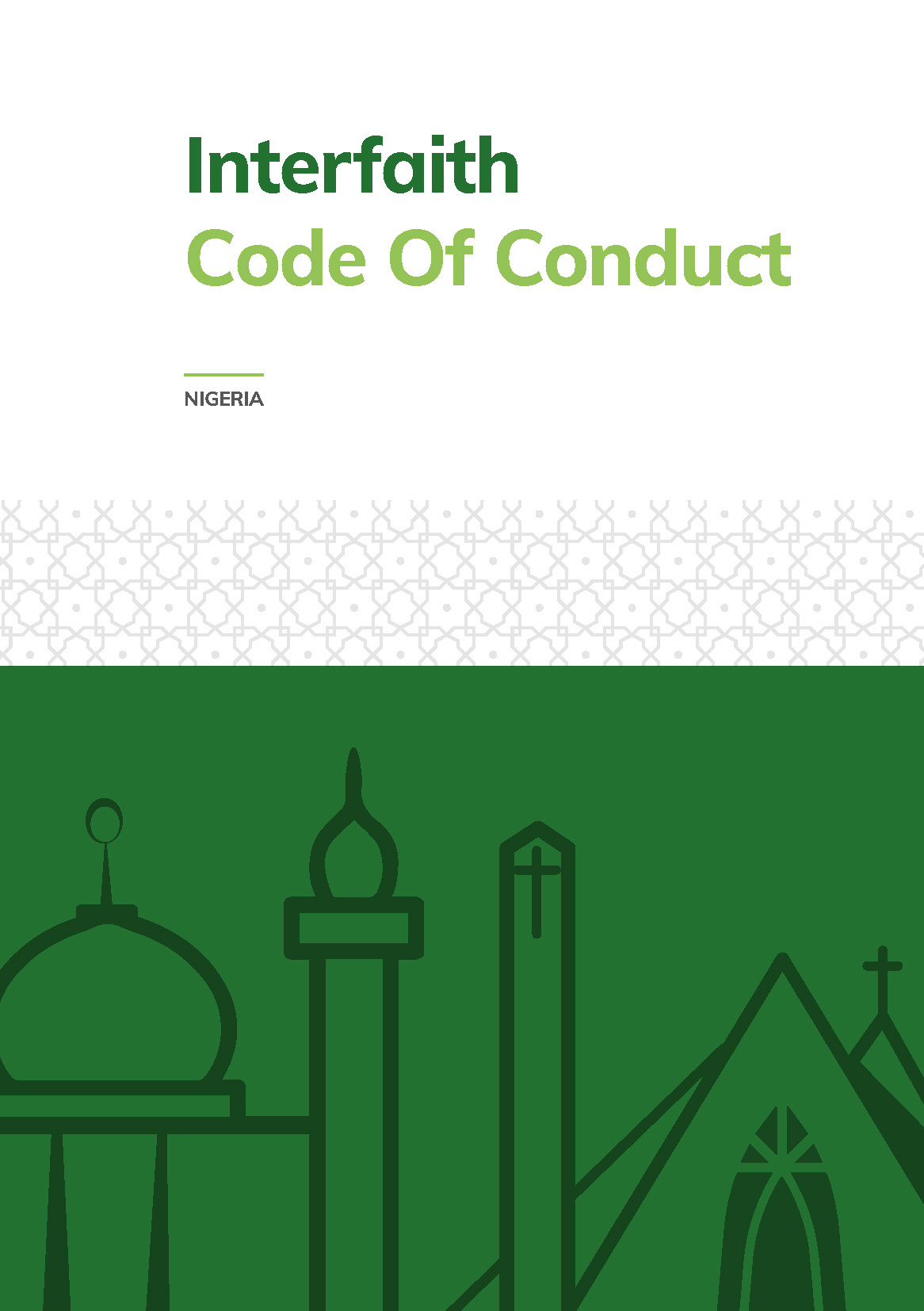Reshaping Dialogues: ‘The Identity Podcast’ - Illuminating Arab Societal Dynamics
In the realm of contemporary literature, the coordinator of the initiative, Abdullah Al Jbour’s encounter with Amin Maalouf’s book ‘Deadly Identities’ sparked a revelation. The enduring relevance of this work today to the intricate web of identities and political intricacies shaping the Arab region remains undeniable.



